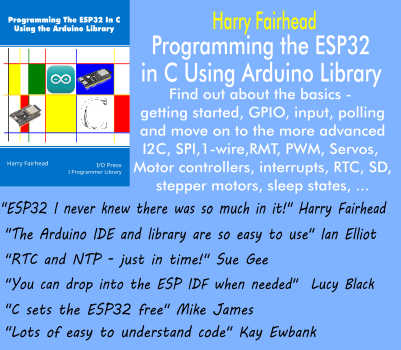| Racket 6.2 Released |
| Written by Kay Ewbank |
| Tuesday, 23 June 2015 |
|
Racket 6.2 has been released, having been reorganized into a small core repo with other features separated into a number of packet repos.
Racket is described as a “full-spectrum programming language” that goes beyond Lisp and Scheme with dialects that support objects, types and laziness. When coding in it, you can link components written in different dialects, and write your own project-specific dialect if you want. The Racket libraries support applications from web servers and databases to GUIs and charts. Racket achieved a milestone in May when its fans coded 1000 Rosetta Code tasks in the language. In case you don't know - Rosetta Code is “a programming chrestomathy site”. The idea behind it is that the site has a list of hundreds of tasks, ranging from Hello World upwards. You can look at a task and see how it would be solved in different languages so you can compare them. As the tasks get more complex, there are fewer solutions. For example, the Time-based One-time Password Algorithm has been solved in just four languages – Cache, Go, Racket, and Tcl. The Racketeers (their description, not ours) have written up more solutions than any other language. Tcl is at the time of writing in the number two slot. You can probably tell from this that the Racket community is extremely loyal and keen on its language. The new release is designed to get the community even more involved than in the past. Over the past six months, the developers have worked to reorganize the Racket code base to make this easier. Other improvements to this release include a data enumerate library that supports efficient enumeration of data structures; and improvements to the way typed Racket programs are handled to add more support for prefab structures, future semaphores, and async channels. The core code repo and the other package repos are all on GitHub. More InformationRelated ArticlesVisual Language Snap! Version 4.0 Released PHP Gets A Formal Specification
To be informed about new articles on I Programmer, install the I Programmer Toolbar, subscribe to the RSS feed, follow us on, Twitter, Facebook, Google+ or Linkedin, or sign up for our weekly newsletter.
Comments
or email your comment to: comments@i-programmer.info |
| Last Updated ( Tuesday, 23 June 2015 ) |



